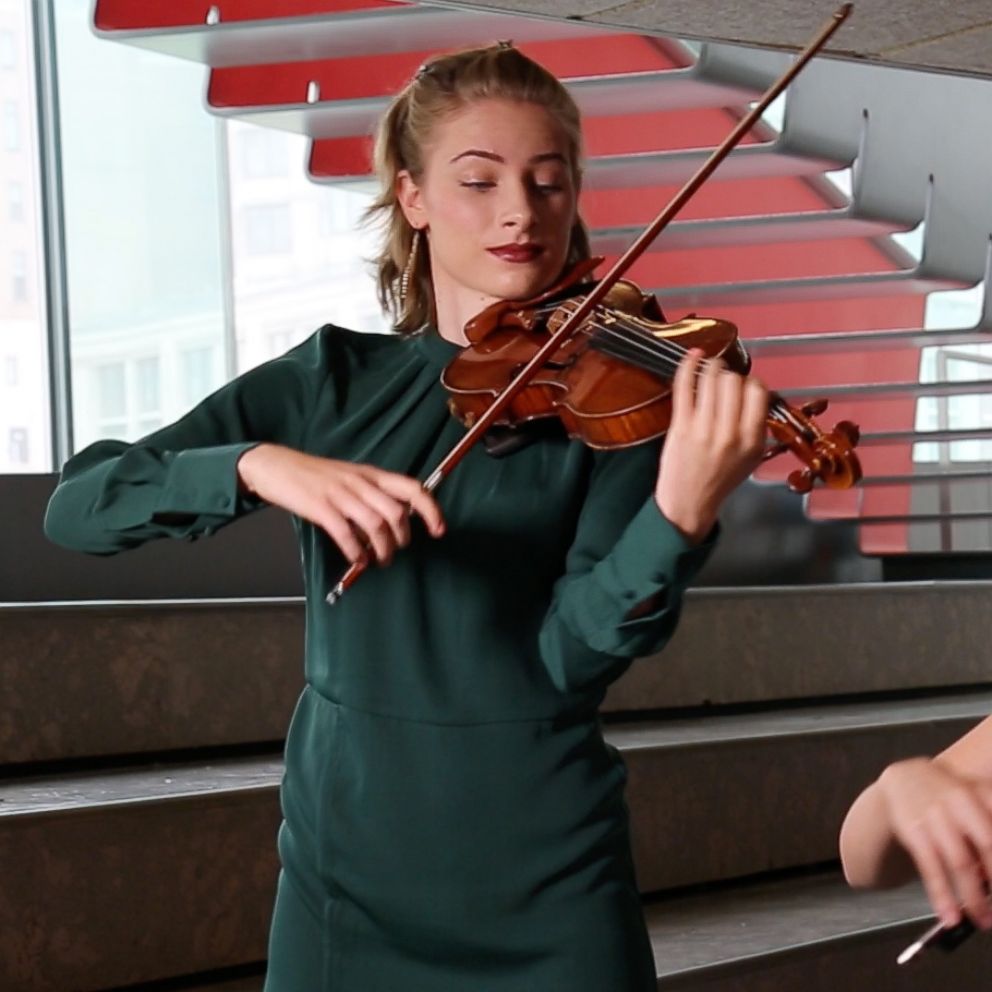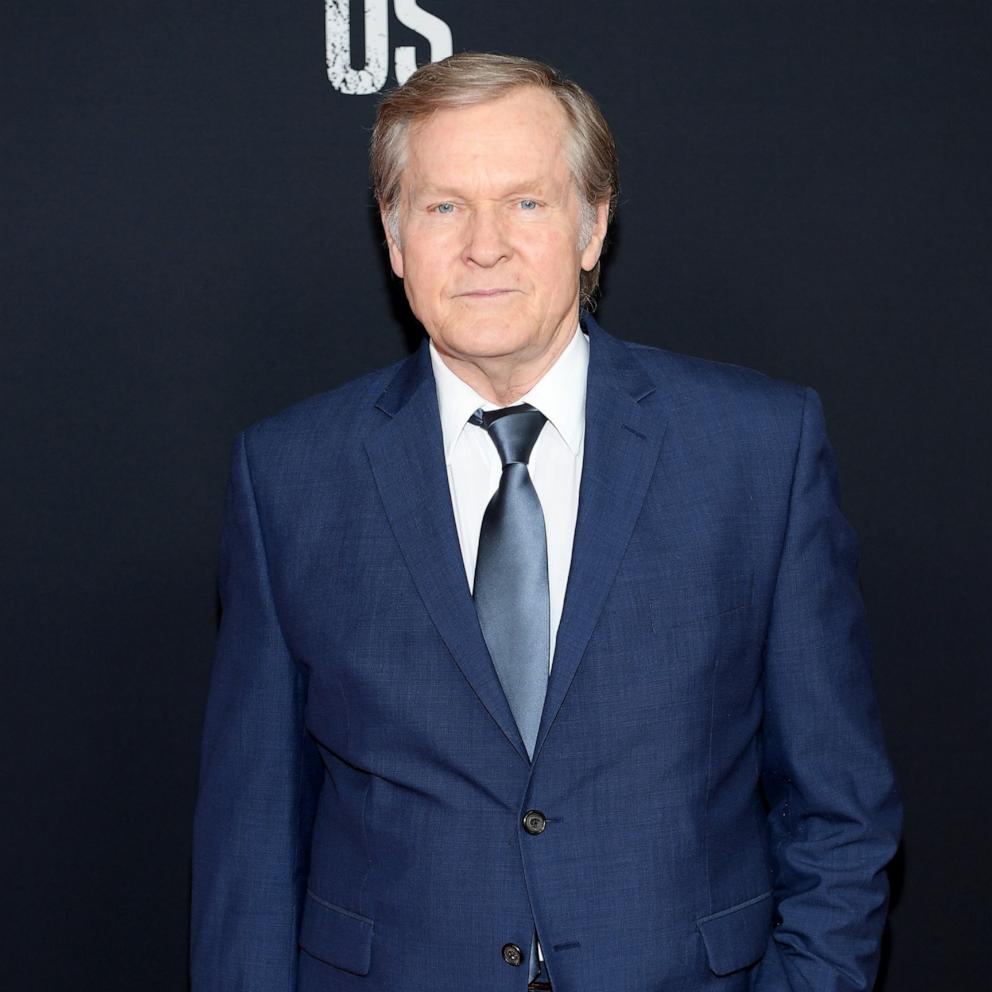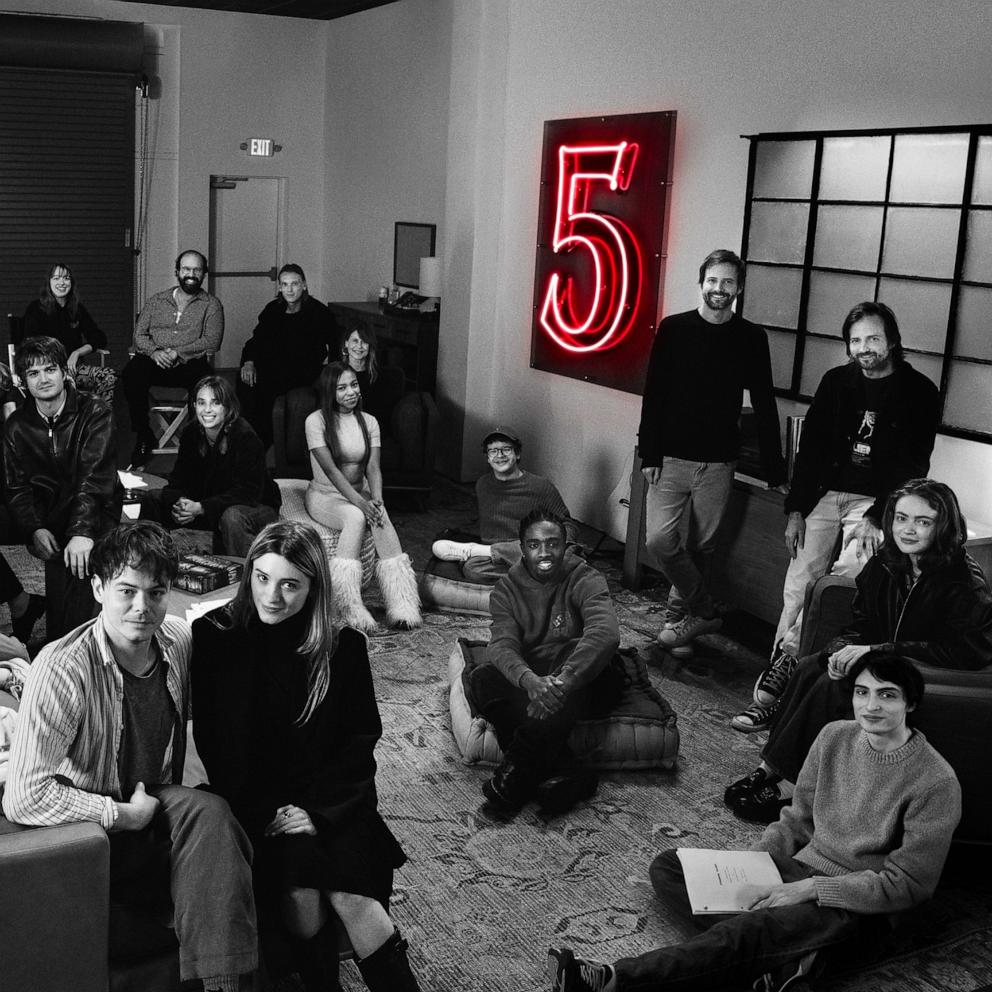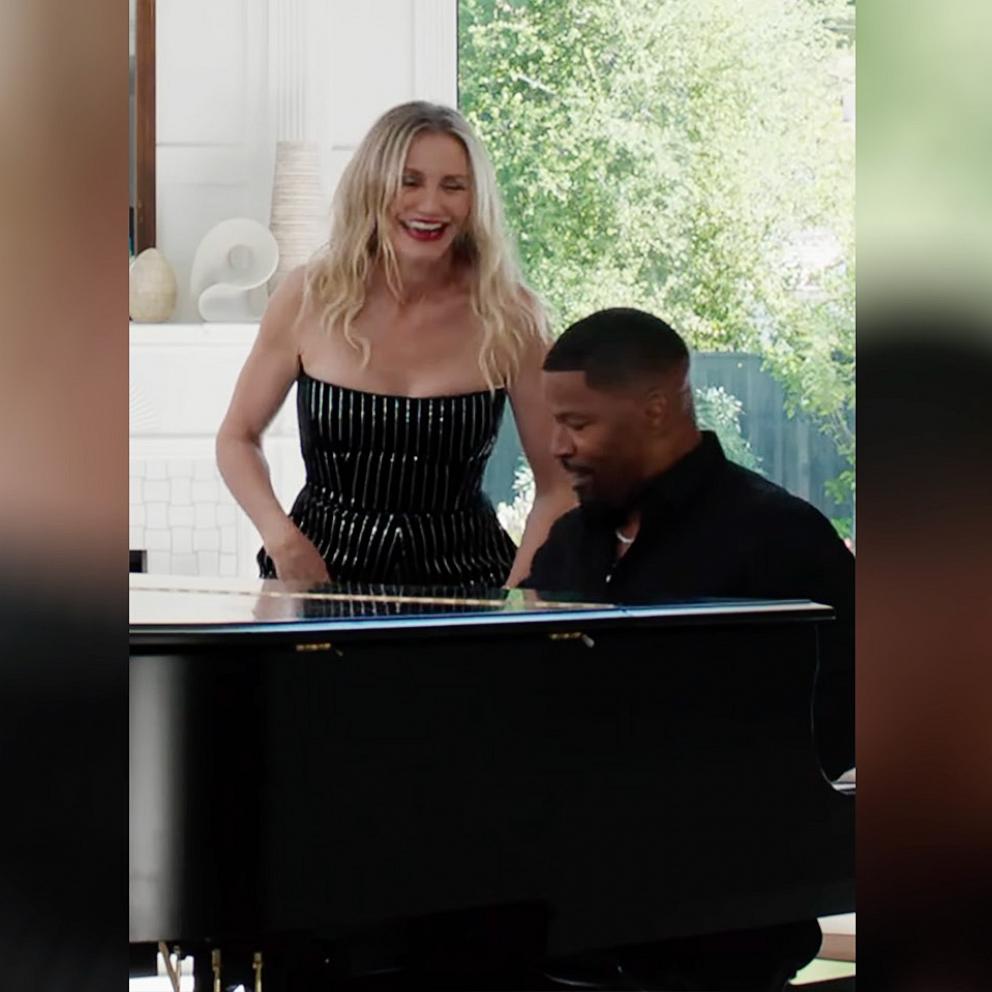Juilliard graduates trade stage for refugee camps
"The music itself is just a way for everybody to gather and temporarily forget where you are. No suffering human being is ever alone."
That's what two talented violinists have committed their lives to; two close friends who shared the same passions and dreams of making the world a better place.
Mariella Haubs, 23, and Jocelyn Zhu, 23, both recent graduates from The Juilliard School, the prestigious performing arts school in New York City, started a nonprofit organization together called Concerts for Compassion. The project takes them all over the world to play music in hopes of creating human connections and happiness for people in some of the most difficult situations.
The music itself is just a way for everybody to gather and temporarily forget where you are. No suffering human being is ever alone.
"We wanted to do something that we felt personally connected to," Haubs said. "And with everything that was going on in the world, we wanted to do something that was specifically geared towards refugees."
Originally from Germany, Haubs felt that her past experiences in Europe meant that she needed to dedicate her work to bringing cultures together. As fate would have it, a young woman from the southern United States shared the same dream.
“Coming from Jackson, Mississippi, I think there's been a history of racial tension and it’s kind of what brought us together to form this project,” said Zhu, who started her masters degree at Juilliard when she was just 19-years-old.
The pair spent weeks at a time traveling to refugee camps in Europe, hoping they could walk in and, simply put, just play music. Since their 2017 launch, the duo has reached over 30 countries.
Music as a universal language.
Their concerts are broken up into three different programs, catering to their unique audiences. One is for affluent local communities, meant to inspire action from these individuals. The second is a community engagement program that is created for schools and refugee camps, offering uplifting and interactive learning environments. The third collaborates with local artists that they meet along the way, and then spreads their art to other cultures around the world.
“We want to bridge the gap between the two worlds,” said Haubs. “We play composers who faced adversity and we even play composers who were taught by refugees or were refugees.”
Imagine a scene where complete strangers enter your neighborhood with instruments and sounds you’ve never seen or heard before. Both Haubs and Zhu agree that no matter what country they were in, it was always the children that were the first to gather for their concerts. As the adults followed, the music then became a universal language -- giving these refugees a common ground through the art of music.
“I think that it takes a lot of courage for people who have gone through a lot of trauma to just trust strangers,” Haubs said. “But that's kind of the power of music.”




